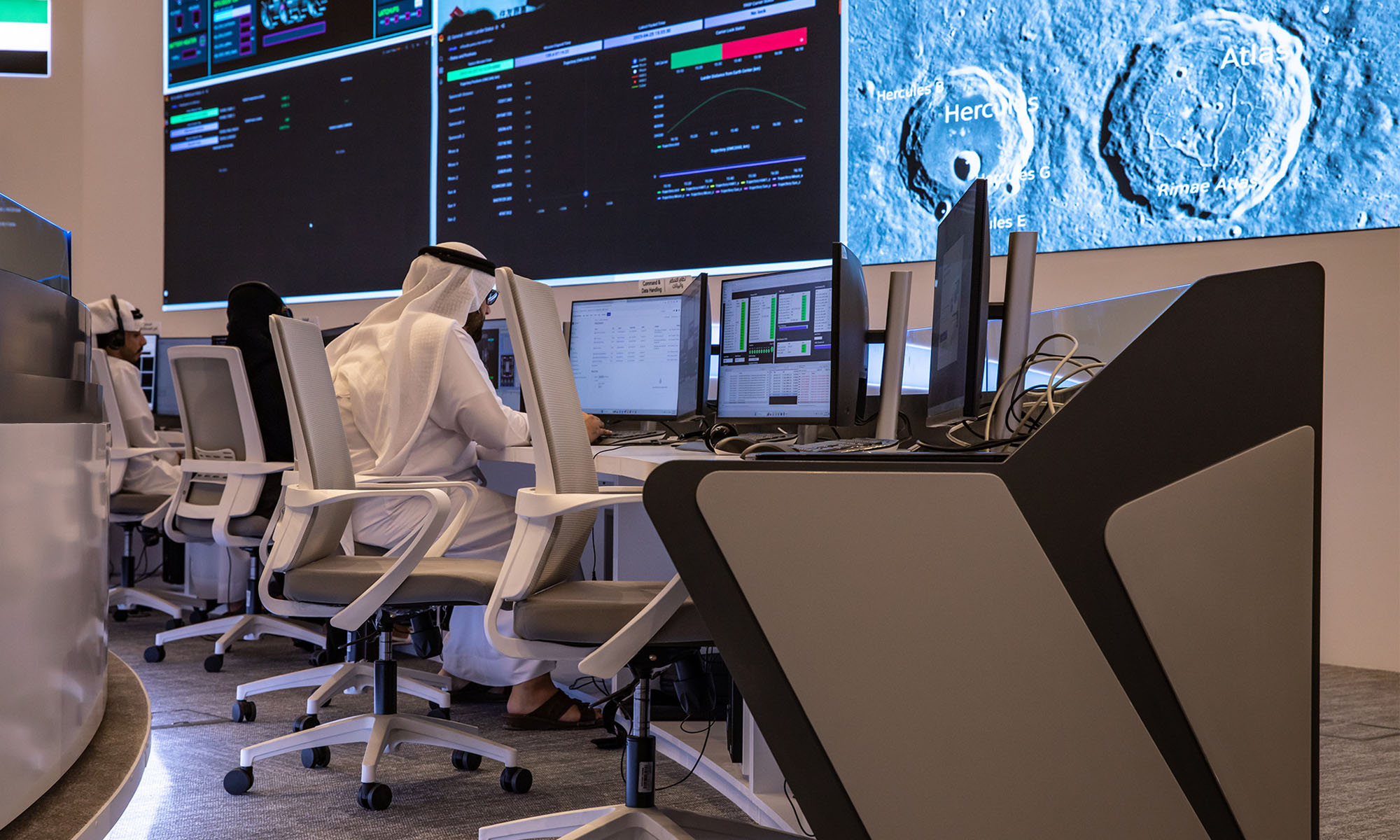News
Global Tech Giants Boost Saudi Presence Due To State Pressure
Firms including Amazon, Google, and Microsoft face government legislation designed to curb economic leakage.

Global technology heavyweights, such as Amazon, Google, and Microsoft, are actively expanding their presence in Saudi Arabia in response to the government’s intention to withhold contracts from companies lacking regional headquarters within the country.
The move is part of a greater economic agenda that involves curbing the substantial amount of state and citizen spending that exits the country annually. As part of that plan, the government seeks to cease awarding contracts to international firms that merely shuttle executives in and out of the Kingdom.
Saudi Arabia introduced the new regulations in February 2021, citing a desire to minimize “economic leakage”. As per government records, all three of the US corporations mentioned above have now obtained licenses to establish regional headquarters in Riyadh in adherence to the January 1st deadline.
Towards the end of 2023, there was a noticeable surge in activity among large corporations aiming to establish local headquarters. Notable among the firms that have already received licenses are Airbus, Oracle, and Pfizer.
In further efforts to bolster the economy and attract international investments, Crown Prince Mohammed bin Salman has also eased restrictions on gender mixing, women driving, and public entertainment. Nevertheless, limited lifestyle options and policies such as the continued alcohol ban have deterred many foreign executives from residing in the country.
Also Read: Oman Plans To Have 22,000 EVs On Its Roads By 2030
However, Saudi Arabia’s status as the largest economy in the region, along with plans to invest trillions of dollars to become a tourism and commercial hub, has prompted numerous multinational corporations to reevaluate their Middle East operations.
Recent Saudi economic policies are widely seen as an attempt to compete with Dubai, the Middle East’s foremost business hub, which has long attracted multinational firms due to its lifestyle, low taxation, and connectivity. So far, more than 200 firms have already received headquarters licenses, including Bechtel, PwC, and PepsiCo, all of whom have announced Riyadh as their regional headquarters.
News
Rabbit Expands Hyperlocal Delivery Service In Saudi Arabia
The e-commerce startup is aiming to tap into the Kingdom’s underdeveloped e-grocery sector with a tech-first, locally rooted strategy.

Rabbit, an Egyptian-born hyperlocal e-commerce startup, is expanding into the Saudi Arabian market, setting its sights on delivering 20 million items across major cities by 2026.
The company, founded in 2021, is already operational in the Kingdom, with its regional headquarters now open in Riyadh and an established network of strategically located fulfillment centers — commonly known as “dark stores” — across the capital.
The timing is strategic: Saudi Arabia’s online grocery transactions currently sit at 1.3%, notably behind the UAE (5.3%) and the United States (4.8%). With the Kingdom’s food and grocery market estimated at $60 billion, even a modest increase in online adoption could create a multi-billion-dollar opportunity.
Rabbit also sees a clear alignment between its business goals and Saudi Arabia’s Vision 2030, which aims to boost retail sector innovation, support small and medium-sized enterprises, attract foreign investment, and develop a robust digital economy.
The company’s e-commerce model is based on speed and efficiency. Delivery of anything from groceries and snacks to cosmetics and household staples is promised in 20 minutes or less, facilitated by a tightly optimized logistics system — a crucial component in a sector where profit margins and delivery expectations are razor-thin.
Despite the challenges, Rabbit has already found its stride in Egypt. In just over three years, the app has been used by 1.4 million customers to deliver more than 40 million items. Revenue has surged, growing more than eightfold in the past two years alone.
Also Read: Top E-Commerce Websites In The Middle East In 2025
CEO and Co-Founder Ahmad Yousry commented: “We are delighted to announce Rabbit’s expansion into the Kingdom. We pride ourselves on being a hyperlocal company, bringing our bleeding-edge tech and experience to transform the grocery shopping experience for Saudi households, and delivering the best products – especially local favorites, in just 20 minutes”.
The company’s growth strategy avoids the pitfalls of over-reliance on aggressive discounting. Instead, Rabbit leans on operational efficiency, customer retention, and smart scaling. The approach is paying off, having already attracted major investment from the likes of Lorax Capital Partners, Global Ventures, Raed Ventures, and Beltone Venture Capital, alongside earlier investors such as Global Founders Capital, Goodwater Capital, and Hub71.
























